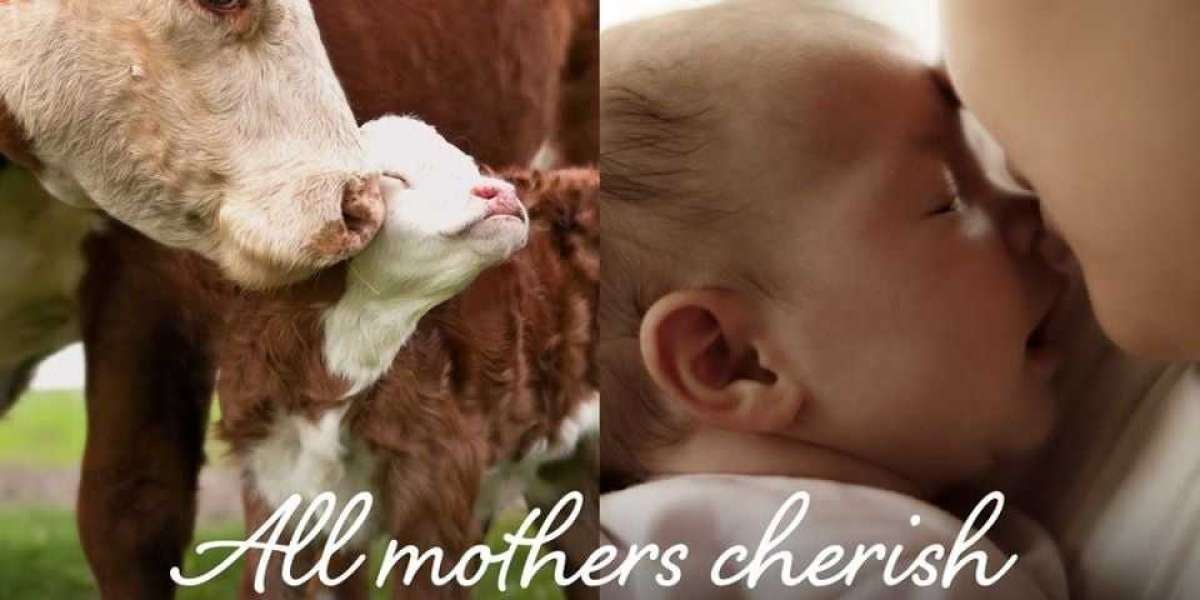Piglet confinement suffering is a grim reality that persists in the swine industry, highlighting the plight of young piglets subjected to confinement and neglect in intensive farming systems. Despite advancements in agricultural practices, the confinement of piglets in small and overcrowded spaces remains a widespread practice, leading to immense suffering for these vulnerable animals. This article aims to delve into the issue of piglet confinement suffering and its profound impact on the welfare of these young pigs.
Piglet confinement suffering encompasses the various forms of mistreatment and distress experienced by piglets during their early stages of life, particularly in intensive farming operations. From the moment they are born, piglets are often confined to small pens or cages, deprived of space to move and express natural behaviors. The lack of adequate space and enrichment opportunities can lead to boredom, frustration, and behavioral abnormalities in confined piglets.
One of the most distressing aspects of piglet confinement suffering is the practice of tail docking and ear notching. Piglet confinement suffering is evident in the painful procedures inflicted upon piglets to prevent tail biting and facilitate identification. Tail docking involves the removal of part of the piglet's tail without anesthesia, leading to acute pain and long-term complications. Similarly, ear notching involves the removal of a portion of the piglet's ear for identification purposes, causing unnecessary suffering and distress.
Furthermore, the intensive nature of piglet confinement exacerbates welfare issues, with piglets subjected to overcrowding, poor ventilation, and high levels of ammonia and bacteria in their living environment. Piglet confinement suffering is exacerbated by the prevalence of diseases such as respiratory infections and diarrhea, which can spread rapidly in confined spaces and lead to significant morbidity and mortality among piglets.
The impact of piglet confinement suffering extends beyond the immediate welfare of the piglets to encompass broader ethical and environmental concerns. The confinement of piglets in intensive farming systems perpetuates a culture of exploitation and disregard for their welfare, undermining our moral obligations to treat animals with compassion and respect.
Moreover, the environmental footprint of intensive pig farming is significant, with large-scale operations producing vast amounts of waste and contributing to pollution and resource depletion. The intensive use of resources such as water, feed, and land further exacerbates environmental degradation and exacerbates the climate crisis.
Despite these challenges, there is growing recognition of the need to improve the welfare of piglets in the farming industry. Efforts to address piglet confinement suffering include the development of welfare standards and guidelines, as well as the promotion of alternative farming methods such as free-range or pasture-based systems.
In conclusion, piglet confinement suffering is a significant welfare issue that underscores the need for reform within the swine industry. The mistreatment and neglect of young piglets in intensive farming systems compromise their welfare and contribute to environmental degradation and ethical concerns. By advocating for more humane and sustainable farming practices and making informed choices as consumers, we can work towards a future where piglets are treated with dignity and compassion, free from the confines of piglet confinement suffering.












